What comes into your mind when you think of chest pain? Heart attack?
If yes, then you aren’t alone.
While chest pain can indeed be very serious, it is vital to know that there are many causes of it, and some are not related to the heart and are not dangerous to your health. It is estimated that approximately 1/4th of Americans experience chest pain that is not heart-related.
Chest pain appears in a number of forms and triggers various sensations. It can range from a dull ache to an excruciating and sharp stab.
There are a number of causes of chest pain, and they are as follows:
Heart problems such as Coronary Artery Disease, Coronary artery dissection, Hypertrophic cardiomyopathy, Myocarditis, Pericarditis, and heart attack are the leading but the not the only causes of chest pain.
Problems associated with lungs such as Pleuritis, Asthma, Pneumonia, Pulmonary embolism, Pneumothorax, and Pulmonary hypertension are other potential causes of chest pain.
In addition to these gastrointestinal problems, rib problems, muscle strain, shingles, anxiety and panic attacks also lead to chest pain.
Following are the symptoms of chest pain:
Heart-related chest pain is associated with the exertion of pressure in one’s chest and a burning feeling. It also severe pain that spreads to one’s back, shoulders, arms, and neck. Intermittent pain that lasts for a few minutes, disappears and then comes back along with cold sweats, shortness of breath, weakness, and nausea are also common symptoms associated with heart-related chest pain.
Other types of chest pain that are not linked with heart problems include problems while swallowing, a sour sensation of food re-entering your mouth, fever, coughing up yellow-green mucus, persistent pain, pain that increases when you cough, change positions, or breath deeply.
It is highly recommended that you consult with a doctor and seek medical help if you have any unexplained chest pain or if you suspect that you are having a heart attack.

